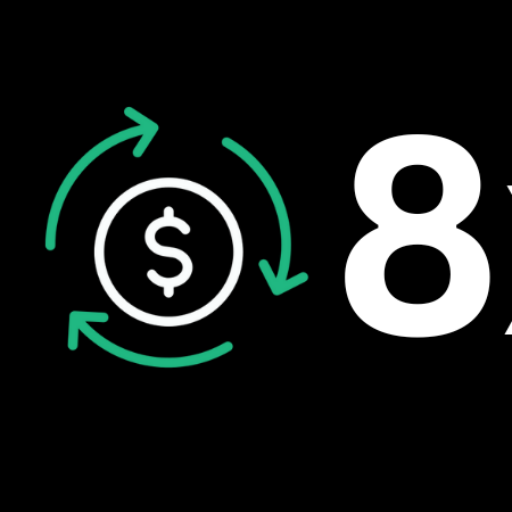
The benchmark stock indicator of the Frankfurt Stock Exchange is called the DAX or the German Stock Index. It measures the performance based on market capitalization as well as liquidity of 30 German companies. In this article, we’ll discuss its history and composition. We will also examine its importance as a major global equity indicator.
History of DAX
Deutsche Aktien Exchange released their Domestic Index (DAX), July 1, 1988. This index replaced the Borsen-Zeitung-old index, which had been in use from 1959. It was jointly created by Deutsche Borse as well as Frankfurt Stock Exchange. This is part of an effort to modernize Germany’s financial industry.
Since its foundation, the DAX was one of most followed stock indices. It has a long history of stability in growth and growth in spite of economic downturns. It ranks fourth among European stock indexes in market capitalization (as of 2021), behind the FTSE 100 Index, CAC 40 Index, and Euro Stoxx 50.
Composition of DAX
The DAX (Demand Index) is a group of 30 companies that are the largest and most frequently traded on the Frankfurt Stock Exchange. These firms cover many different industries like automotive, banking or energy. According to DAX, SAP, Siemens (Allianz), Volkswagen, and Linde are the top five market capitalizations leaders.
One of the most striking characteristics of the DAX index, is its heavy reliance of the automotive industry. It accounts for 20%. This highlights the dominance German carmakers such Volkswagen and BMW within this global market.
Significance DAX
The DAX has been widely regarded as a barometer that measures the health of Germany’s economy. Investors and analysts from all walks of the market closely monitor its performance in order gauge economic health and market sentiment. Changes to the DAX may have a profound impact on global financial markets.
Investing with the DAX can offer investors access to a range of top German businesses across multiple industries. This is a major advantage that reduces risk of only investing in one or two firms. Additionally, investors can invest in companies that have a history of innovation, efficiency, or profitability.
The DAX tracks the performance from the 30 largest and most frequently traded companies listed on Frankfurt Stock Exchange. Investors who are looking to invest Germany in Germany have found it an attractive option due to its long-standing track record of stability & growth. Analysts as well investors pay attention to DAX levels because they are indicators of market sentiment or economic health.

